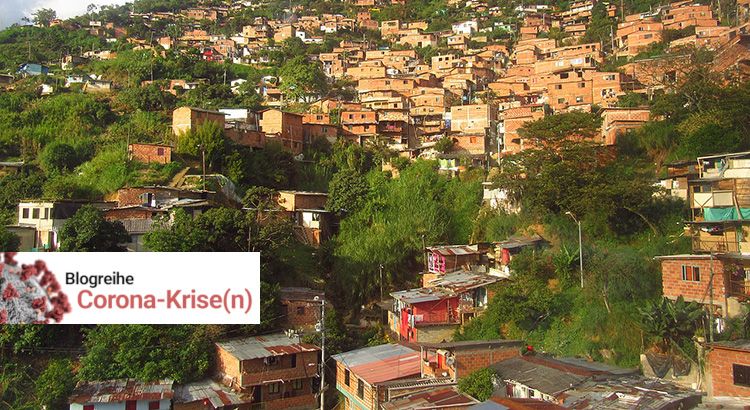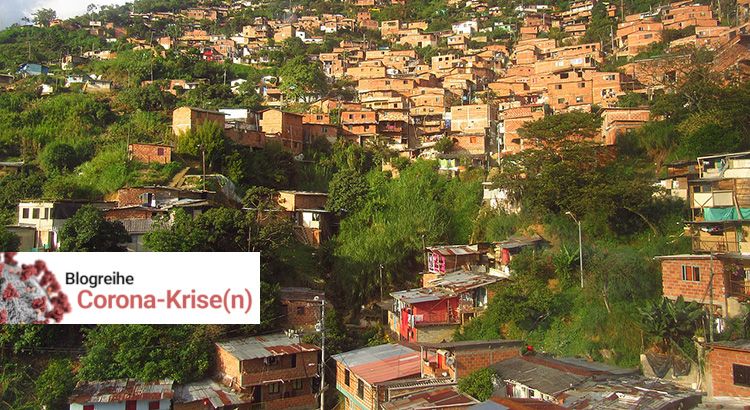Se trata de estructuras, no de ayuda – Asentamientos informales y la desigualdad de la pandemia en Medellín, Colombia
En Colombia, el 25 de marzo se instaló una cuarentena nacional debido a la pandemia de la...

